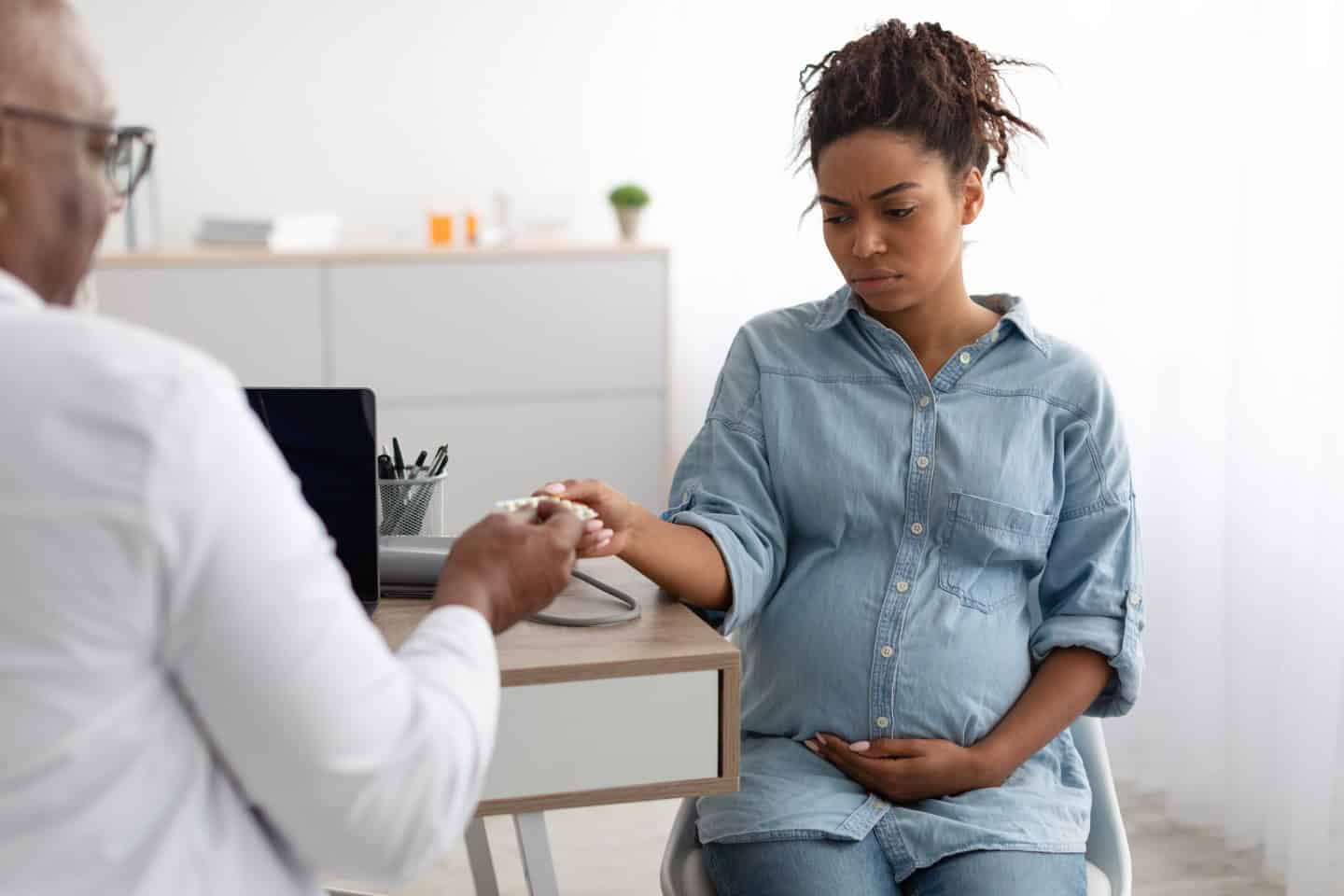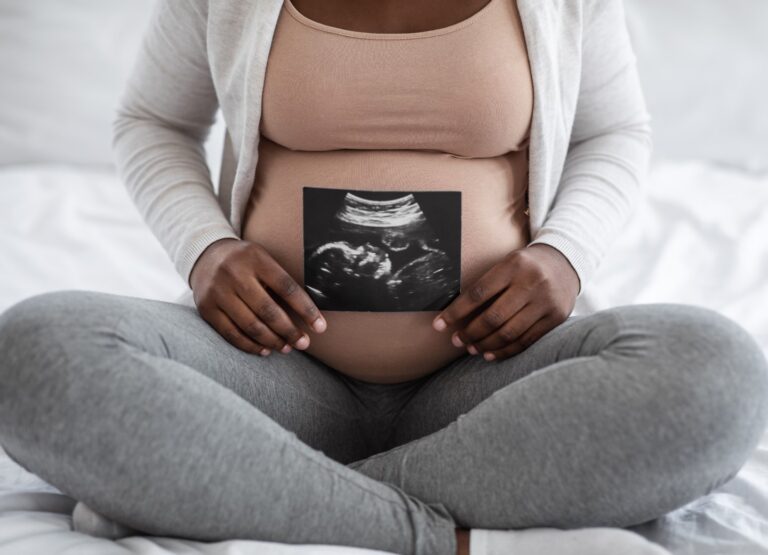
Urgent action needed to tackle shameful race discrimination in NHS maternity care
It is both shameful and unacceptable that in 2023, racism is resulting in poorer maternity care in the NHS. The Women and Equalities Committee, chaired by MP Caroline Nokes, produced a report last week calling urgently for faster progress to tackle “appalling” higher death rates in childbirth for Black women and women from poorer areas.
The report shockingly found that Black women are nearly four times more likely than white women to die within six weeks of giving birth and Asian women are 1.8 times more likely to die than their white counterparts. Babies born to women from the poorest parts of the UK, where a higher proportion of babies are born to mothers from ethnic minorities, are two and a half times more likely to die than babies born to mothers in the wealthiest parts of the country.
But this is not a new phenomenon, with Nokes having commented that these disparities have been known about for at least 20 years.
The Committee’s report revealed that:
- women belonging to ethnic minorities feel they are not listened to or understood during pregnancy and childbirth
- women belonging to ethnic minorities experience racial stereotyping around issues such as their pain threshold and amenability to pain relief
- women belonging to ethnic minorities are presented with a lack of choice around maternity care options, and
- the majority of women who tragically die have multiple and complex health problems giving rise to increased risks in childbirth and these risks are not always communicated to the relevant staff.
The report pushes for funding to grow the maternity workforce to deliver safe, personalised care to pregnant women, as well as a clear cross-government strategy and targets for improvement. Collecting more information on the ethnicity of women giving birth and ensuring Black women are better represented in research is also recommended.
It has been clear for some time now that there are deep rooted issues in maternity care provision across the whole NHS.
Donna Ockenden, the former midwife who has now conducted a number of reviews into various NHS maternity care scandals said:
“We’ve got to work towards better inclusive care, where Black and Asian women are listened to, they’re heard, and we act upon what they are telling us.”
The report echoes and reinforces the findings made by the MBRRACE reports and the Inquiry into Racial Injustice in Maternity Care by Birthrights. Their report, entitled “Systemic Racism, not broken bodies” uncovered the stories behind the statistics and demonstrates that racism is at the root of many inequities in maternity outcomes.
This latest report, yet again, gives voice to those experiencing inequality and discrimination, calling as it does on the government to act now to set a binding target to eliminate this divide in care once and for all. No-one wants to see the same findings being reported again in another 5 to 10 years’ time. Yet will the government heed this latest call to action to effect positive and meaningful change?
Sadly, this is not a new problem. In late 2022, Bolt Burdon Kemp held a series of online discussions about the inequalities faced by Black, Asian and minority ethnic women in maternity care with leading healthcare professionals and key influencers in this field. We took the discussion a step further forward, examining the changes that are needed, both large and small – chiefly, action is mandated across the entire profession to close the gaps identified by these reports and to tackle the inequalities women face due to their race. Those who attended were committed to the fight against systemic inequality and the message was clear that change has to come from the top, with government funding an essential part of the solution.
There are real life tragedies behind every one of these reports. It is vital to remember that these identified failings can lead to devastating, life changing injuries or, tragically, the avoidable deaths of mothers and babies, having a huge and far-reaching impact on the families involved. It is therefore now mission critical that maternal safety be prioritised, significant funds allocated to it and improvements made at all levels of the NHS, otherwise how many more families will have to experience avoidable tragedy and loss?
This blog was written by Caroline Klage, Partner and Head of our Child Brain Injury team and Hannah Travis, Associate in our Medical Negligence team.










